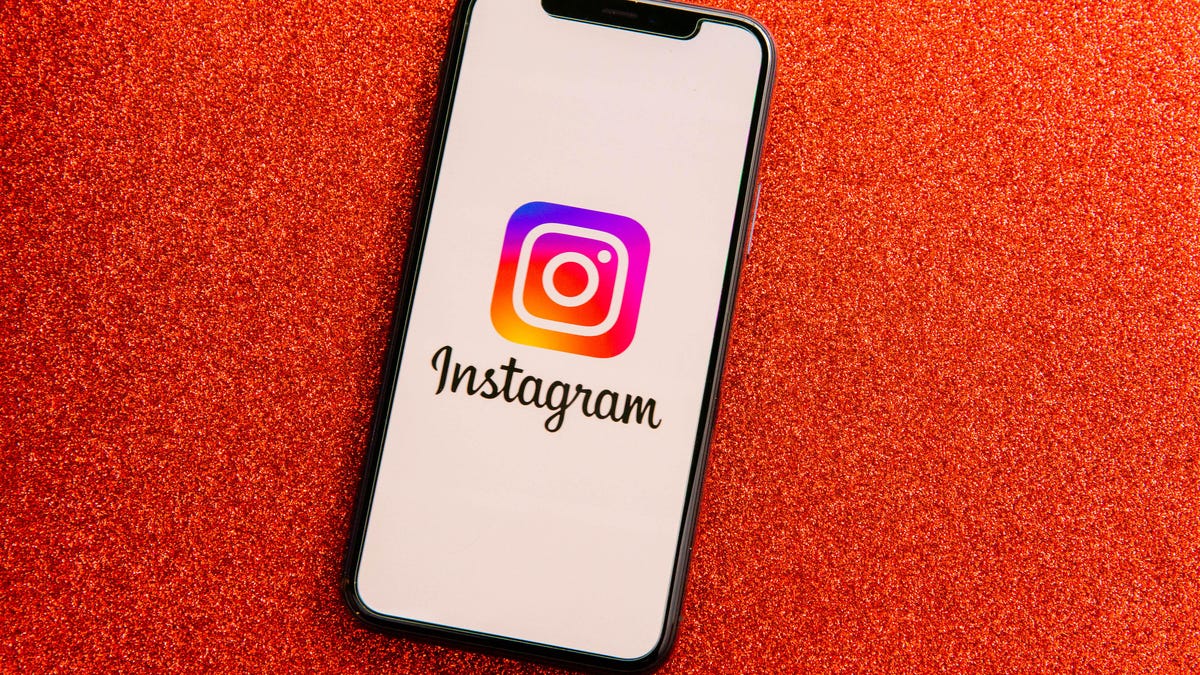Eileen Gu's VPN comment reportedly censored on Chinese social media
The American-born Olympic skier reportedly recommended people use VPNs in China, where they're illegal.

A description of how to bypass a firewall to access Instagram has reportedly been removed from an image posted to Chinese social media.
Olympic skier Eileen Gu made it sound like using Instagram is easy in China when she replied to a commenter on the social media service, according to a screenshot noted by Protocol on Thursday. Now her description of how to bypass China's firewall to use Instagram has reportedly been censored.
The exchange started when a commenter asked Gu, who won a gold medal in big air freestyle skiing, how she could use the Instagram photo-sharing service, which is blocked in China.
"Anyone can download a VPN its literally free on the App store," Gu replied, according to the screenshot. CNET couldn't verify the comment.
China's government has banned the use of VPNs, or virtual private networks, for individuals. The services hide internet traffic from internet service providers, often letting users bypass firewalls. According to Protocol, Gu's remarks about the VPN were removed from a screenshot shared on Weibo, a popular Chinese social media service.
Gu didn't immediately respond to a request for comment sent on Instagram. Neither Instagram nor Weibo responded to requests for comment.
In addition to blocking services such as Instagram, Facebook and Twitter, the Chinese government requires cooperation from domestic tech companies in keeping specific content from appearing in social media feeds. As a result, companies filter out images and videos, altering what regular people see. Research conducted in 2019 of WeChat, another social media site in China, revealed that photos of the infamous "Tank Man" incident in Tiananmen Square and posts about the arrest of Huawei CFO Meng Wanzhou were blocked.
According to Protocol, people expressed outrage on Weibo in response to Gu's suggestion to use a VPN. One person was quoted as saying, "Literally, I'm not 'anyone.' Literally, it's illegal for me to use a VPN. Literally, it's not fxxking free at all."

